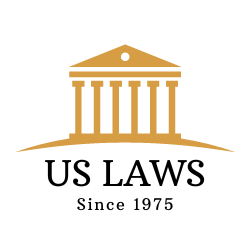TSA airport screening process
Those who have traveled by plane at least once are familiar with Transportation Security Administration screening procedures. This measure is necessary to take so that there are no prohibited items on board a plane, and passengers can be sure that their flight will go safely and smoothly.
You can not get on board without TSA screening, so we are going to explain what it implies and what you need to expect on your way to a departure lounge.
TSA screening typical steps
To make sure the procedure goes seamlessly, it is better to be aware of what to expect.
Take a look at some actions you will need to go through during TSA screening:
- A TSA agent will check your passport and boarding pass
- You will be asked to remove a tablet and/or a laptop from your carry-on bag and put them in a separate tray
- Put your carry-on luggage in a tray and let it go through a metal detector
- Sometimes you will need to take off your shoes
- You will be scanned by an X-ray machine or body scanner
- A TSA officer can also pat you down if they feel scanners detected something
Some passengers require closer attention because the airport staff wants to double-check suspicious items in their carry-on luggage. This can also happen if you carry a lot of liquids in your luggage or if they exceed the limited amount.
TSA PreCheck Program
In large hubs, TSA screening can take a lot of time because of the great number of passengers. Recently, a special TSA PreCheck program was introduced to minimize the amount of time you spend on screening.
You can apply online and make a face-to-face appointment with a person who will take your fingerprints and check your background.
Apart from saving time, you can also get rid of such inconveniences as removing a laptop from carry-on luggage and taking off belts and shoes.
Hands Swab
Not every passenger is asked to go through this procedure. However, a TSA agent may ask to swab the passenger’s hands to see if there are any traces of explosives on them.
Swabbing is not an invasive test and does not take a lot of time. You should not get worried if you are asked to do the test because in case you refuse, your luggage and personal belongings can be subject to additional screening.
If you receive a positive test, there is also no reason to get stressed. Some jobs involve being exposed to certain substances that are considered explosives. Firefighters, hunters, military or police officers can test positive for explosive trace detection simply because they deal with materials of the kind on a regular basis.
